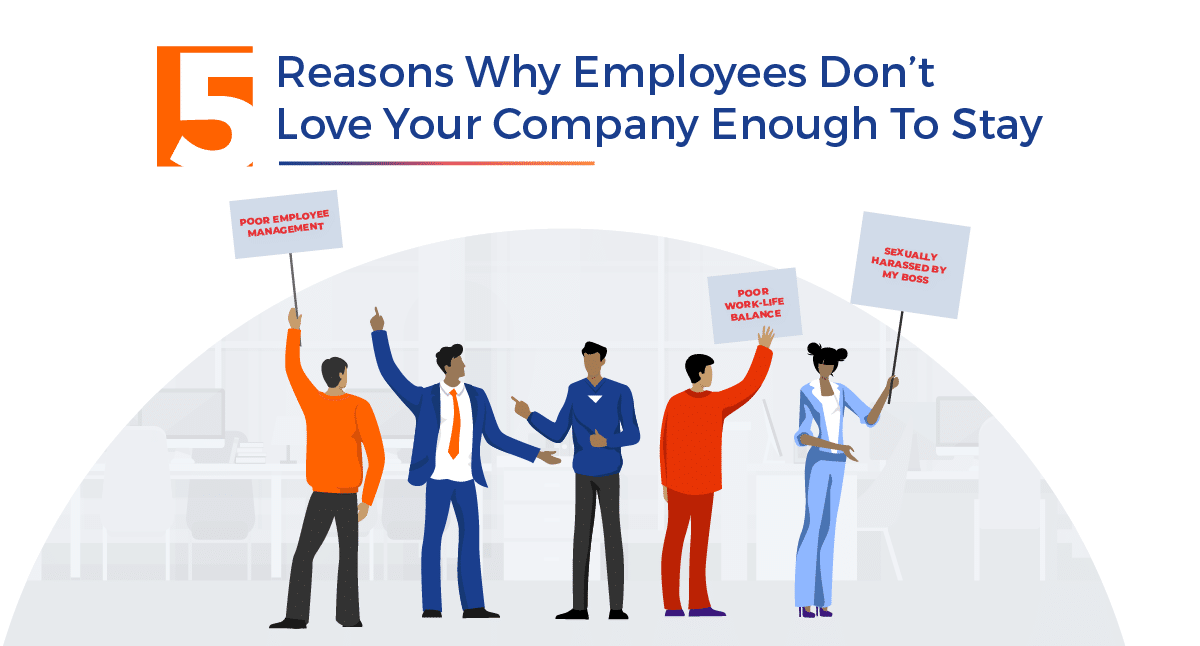Table of Contents
Onyinye’s heart and jaw dropped simultaneously when she saw the subject of the email she had just received; another ‘Letter of Resignation’. ‘Not you too!’ she thought.
This was the third resignation letter she was receiving in the space of two months. She certainly wasn’t looking forward to another meeting with the CEO, where she’d be quizzed about why another highly effective employee was leaving the organization.
Like Onyinye, are you wondering why you’ve recently found yourself saying goodbye to your best talents? Consider these reasons:
Your company culture is rigid: Building a solid structure and company culture is good, but this shouldn’t be so rigid to the point that employees begin to feel stifled. People desire to work in flexible work environments, where they can fully express their potential and give feedback without the fear of getting the axe. Does your company offer employees the freedom to boldly express their creative sides and innovative thinking? What are your processes like? Do employees need to pass through bottleneck approval processes before they get simple things done?
You may want to consider soft pedaling on some of the policies that are currently doing more harm to your workforce than good. It’s time to do a review!
The compensation isn’t right: A relatively good salary is just one out of the many compensation tactics that can help an organization retain employees. Unfortunately, many employers tend to focus on that single tactic. While it is true that if you don’t pay people well enough, there’s a high tendency that they’ll leave.
However, we have found that sometimes, an attractive monthly paycheck isn’t enough to make them stay either. Beyond the Base Salary, you could consider putting compensation structures around milestone bonuses, profit sharing, sales commissions, and other ways to reward dedication and loyalty – this can do wonders for your company’s productivity level and even ROI.
You are only interested in the ‘work’ they do for you: It’s important to always remember that people are first humans, before they are employees. This means that you should always find a way to keep in touch with the ‘human’ side of your employees, not just the professional or strictly business sides. A high performing employee once left an organization because she went on a sick leave, got back, and none of her superiors deemed it fit to ask how she was faring. Upon resumption, she was simply required to swing back into action and continue business as usual. She considered that a big red flag, and out she went!
You neglected them for the new hires: Here’s a common mistake a lot of employers tend to make. When the newbies join their team, they literally become the favourite children, leaving the older ones behind. When an employee is made to feel like they’ve been used and nothing else about them excites their employer anymore, they simply move over to the next job, where they can feel new, pampered, and appreciated.

You don’t manage your managers: A typical resignation letter says an employee is leaving the company, but sometimes, they are just leaving the bad manager that has made work unbearably difficult.







